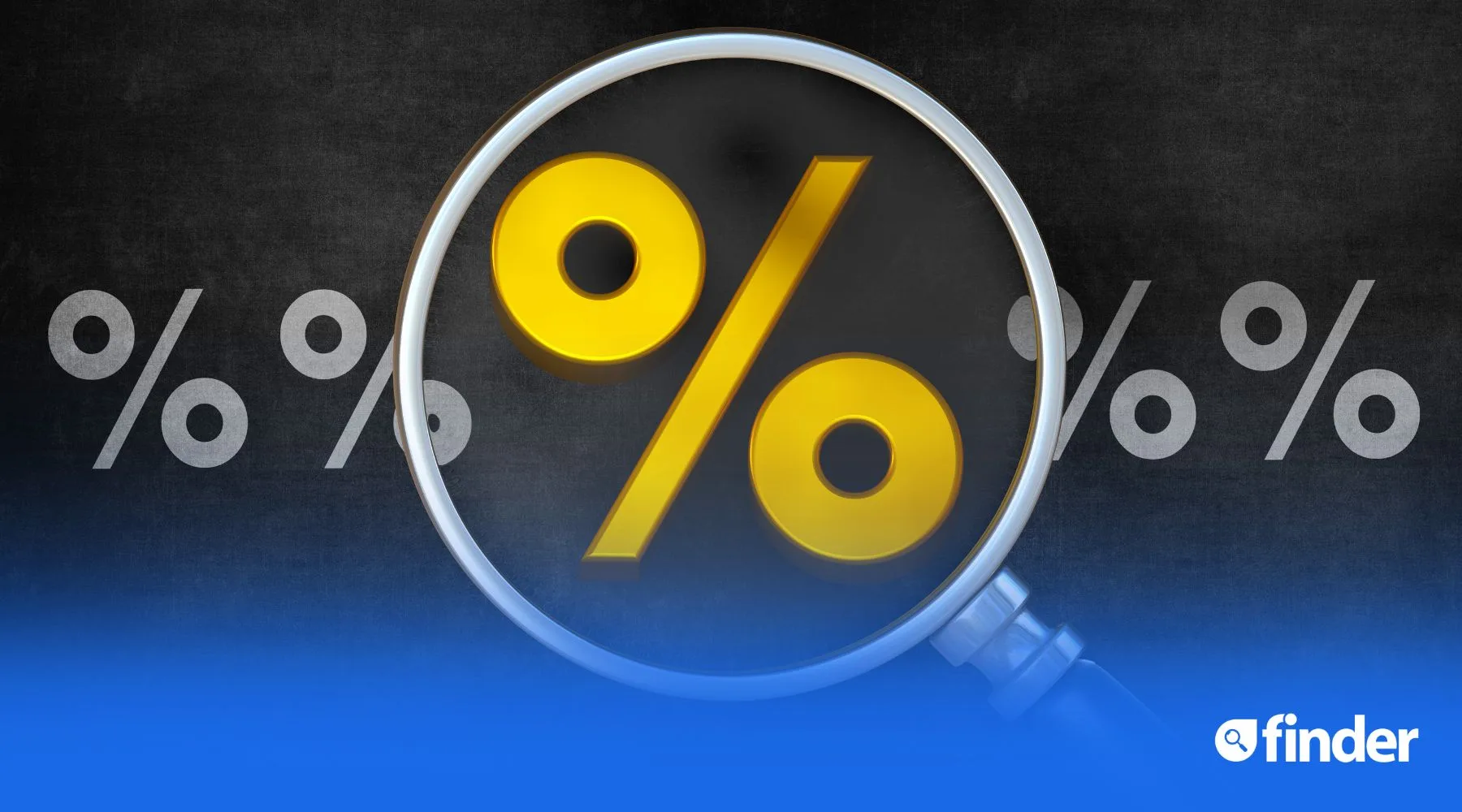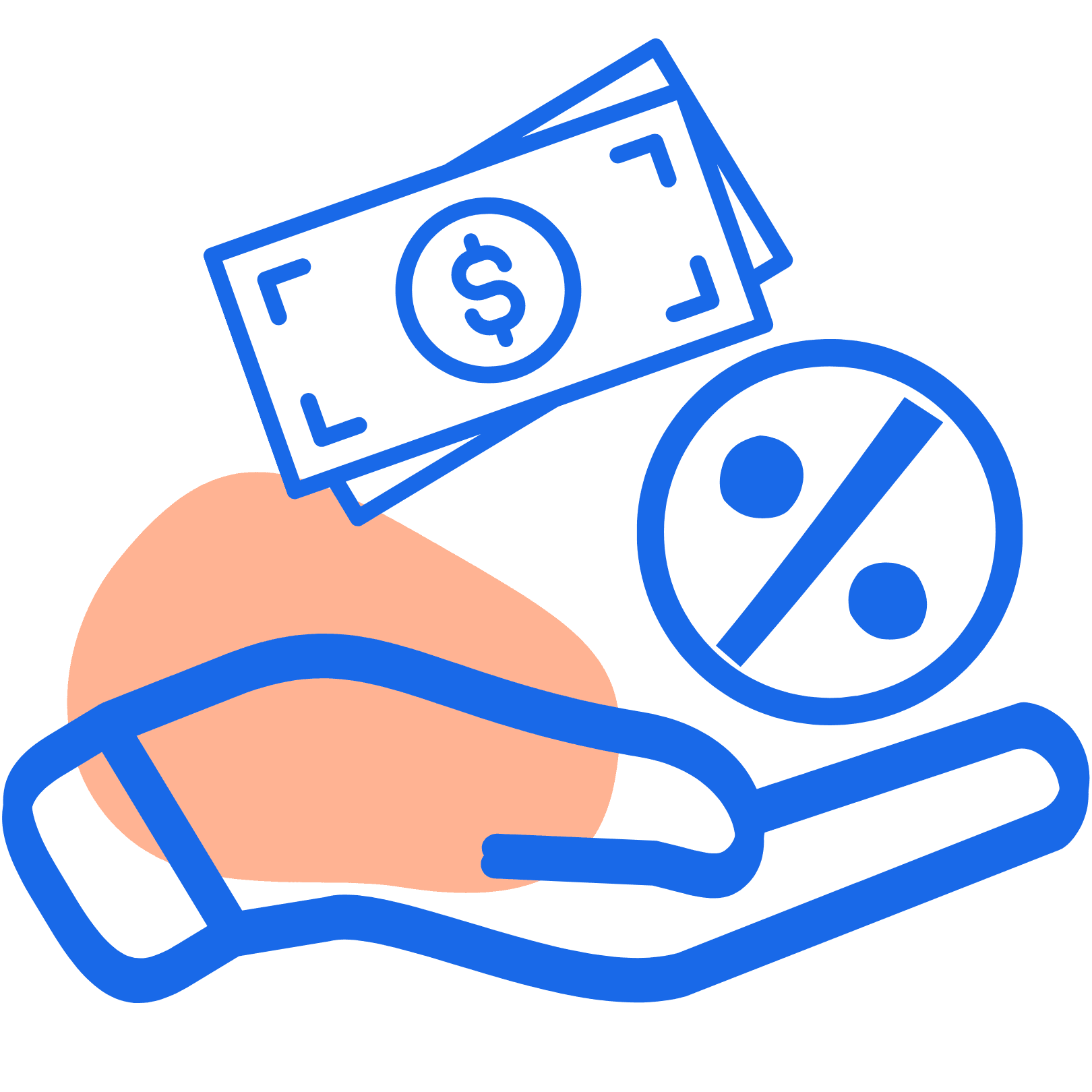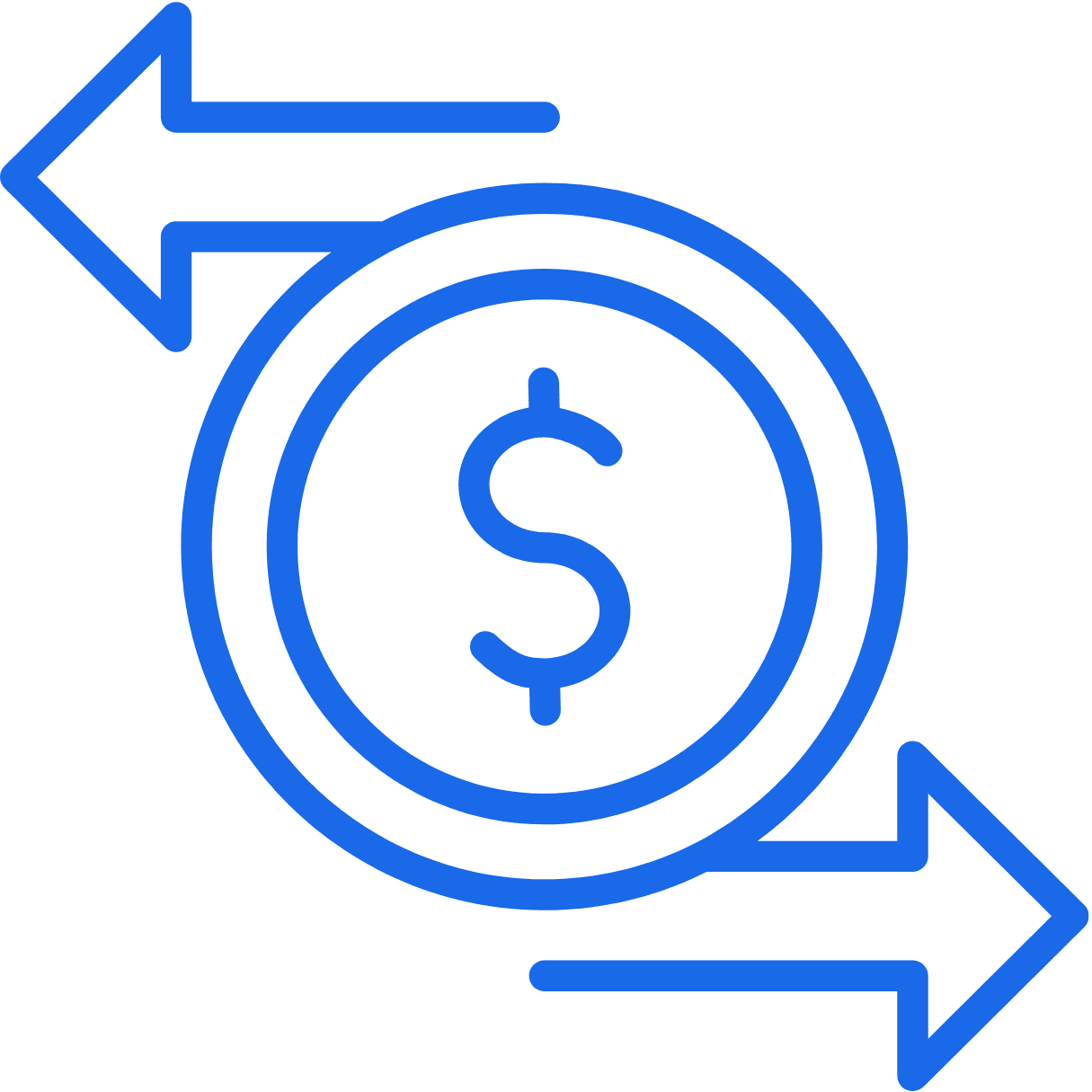“Rents will rise” + 5 other revelations from RBA grilling

The RBA governor was in the hot seat on Friday after 9 cash rate rises in a row.
For the second time in a week, RBA governor Philip Lowe faced a parliamentary hearing on Friday 17 February to discuss all things rising interest rates.
Much of the Q&A was economics-heavy, but here are some of the important takeaways that might affect you.
Governor Lowe appeared at the Standing Committee for Economics alongside fellow RBA board members. He was asked questions about the board's decisions and its changes in sentiment over the last few years. He was also grilled about other areas of the wider economy such as the rental crisis.
 1: There are more rate rises to come
1: There are more rate rises to come
Unfortunately for borrowers, Lowe said the board expected more increases over the following months in their ongoing bid to tackle rising inflation. He repeated several times the danger of high inflation, saying it would be far more costly to households if inflation was left unchecked.
"How much further interest rates need to increase will depend on further developments in the global economy, how household spending evolves and the outlook for the inflation labour market," he said.
"We will do what's necessary to make sure this period of high inflation is temporary."
 2: Your rent will likely keep going up... but not for the reason your landlord is telling you
2: Your rent will likely keep going up... but not for the reason your landlord is telling you
The rental crisis in Australia has seen many people outpriced and facing homelessness. There was quite a strong line of questioning on this topic, but Lowe insisted that rising interest rates were not to blame here.
"The critical issue here is the lack of rental accommodation," he said. "That's what's driving rents. It's not higher interest rates, that's just the explanation. The underlying reason is there's strong demand for rental accommodation and there's not enough rental accommodation on the market."
The RBA's assistant governor Luci Ellis said the price growth was only going to continue.
"We've known for a long time that advertised rents are growing much faster than advertised stock," he said. "Because of the tightness in the rental market and because of the low rate of vacancies in most places, we are expecting rental growth to continue to pick up."
 3: Lowe sticks to his guns on 2024 promise
3: Lowe sticks to his guns on 2024 promise
Remember when Lowe assured everyone that interest rates wouldn't rise until 2024? Unsurprisingly, he was asked about that.
"In 2020 the situation was truly dire. It was incredibly scary," Lowe said.
"One of the things we thought we could do was be clearer about when interest rates would rise. And to my cost now, we said we didn't think they'd rise until 2024.
"That was part of a deliberate strategy to send to the community that we would be there with you, that we would do what was necessary and we would keep interest rates at extraordinarily low levels if that's what was needed. It turned out, that was not what was needed. The economy recovered much more quickly, the vaccine came and here we are, I don't see a mask in sight.
"We did what we thought was right based on information we had. It turned out we did too much, and we had to backtrack."
 4: Size of interest rate rises apparently doesn't matter
4: Size of interest rate rises apparently doesn't matter
The RBA has been increasing the cash rate by either 25 basis points (0.25%) or 50 basis points (0.50%). Although we assume there's a reason for those decisions, when probed Lowe said the size of the increase didn't really matter – it was consistency that counted most.
"When the world is uncertain, going steadily and consistently is better than going in jumps and starts," Lowe said.
"The argument we had ... [was] if you do it over a number of months, it keeps public attention on monetary policy and the seriousness of the task that we have, so it's open to debate whether you should get to a particular level quickly or keep going slowly."
 5: Unemployment will rise
5: Unemployment will rise
With rising interest rates meant to slow down economic growth, this will lead to a rise in unemployment. Lowe expects it to peak around 4.5% in mid-2025.
Independent MP for Wentworth Allegra Spender appeared via video to ask about the implications on unemployment.
"To get [inflation] back down again by 4 or 5 percentage points requires a steep downturn in the economy and probably a rise in unemployment of 5 percentage points," Lowe said, outlining a worst-case scenario of 9% unemployment.
"That's the cost you've got to pay to get inflation back down again and that comes with high interest rates. It's very costly if inflation gets entrenched."
 6: Has he made the right calls so far? It's too early to tell impact
6: Has he made the right calls so far? It's too early to tell impact
Although Lowe remains fairly confident in the board's decision to hike the cash rate 9 times over the last 10 months, he admits it's kind of up in the air as to whether it was the right or wrong call.
It could turn out they did too much or it could turn out they did too little. Only time will tell.
"There is a risk that we've gone too far and don't need to do anymore and the economy will slow. But there's also a risk we haven't done enough and that inflation proves more persistent and doesn't come down and our job is to try and balance those," Lowe said.
If you're affected by rising interest rates, make sure you're on the best possible home loan deal by comparing here.
If rising costs are becoming too much, you can call the National Debt Helpline on 1800 007 007.
Ask a question
